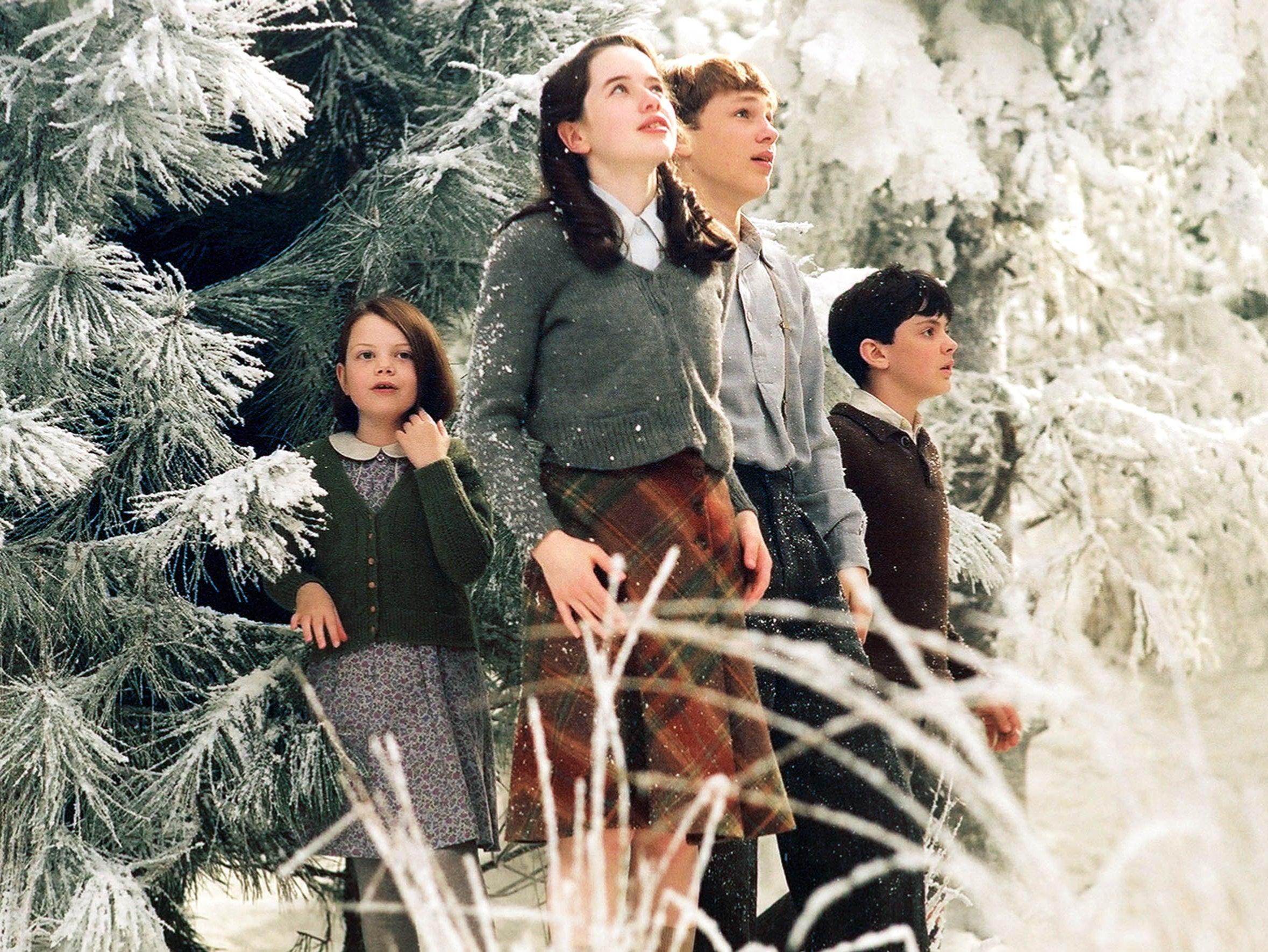The Top 10 literary utopias
The trouble with idylls is that they turn out to be boring, as Joan Bakewell observed


Your support helps us to tell the story
From reproductive rights to climate change to Big Tech, The Independent is on the ground when the story is developing. Whether it's investigating the financials of Elon Musk's pro-Trump PAC or producing our latest documentary, 'The A Word', which shines a light on the American women fighting for reproductive rights, we know how important it is to parse out the facts from the messaging.
At such a critical moment in US history, we need reporters on the ground. Your donation allows us to keep sending journalists to speak to both sides of the story.
The Independent is trusted by Americans across the entire political spectrum. And unlike many other quality news outlets, we choose not to lock Americans out of our reporting and analysis with paywalls. We believe quality journalism should be available to everyone, paid for by those who can afford it.
Your support makes all the difference.This list started when Frank Cottrell-Boyce, the writer, asked on Twitter: “Are any literary utopias attractive?” Richard Morris pleaded for cheery ones “in these miserable times”.
1. The Clanger planet, and the top left-hand corner of Wales. Cottrell-Boyce offered his exceptions to the negative answer implied by his question.
2. Shangri-La. From Lost Horizon, James Hilton, 1933. Nominated by Joan Bakewell, who added, “but it turned out to be boring, didn’t it?” This is The Problem: you cannot be “cheery” for ever. “Upon us all a little rain must fall,” as Led Zeppelin put it, although Longfellow said it first.
3. News from Nowhere, by William Morris, is certainly meant to be, though it’s a bit wholewheat and hessian for my tastes, said Tom Sutcliffe. Phil Collins said: “News From Nowhere has a pastoral charm ... but the best novels are the dystopias: Zamyatin, Orwell, Huxley. The utopias are all flat because utopia erases conflict and all good things are compatible there.”*
4. Jacob Rees-Mogg’s “broad, sunlit uplands” are slightly more utopian than Andrea Leadsom’s version that wasn’t “broad” (in her pitch for the Tory leadership in 2016), as Steve Lawrence pointed out.
5. Narnia after the White Witch is defeated. Thanks to Myfanwy Alexander and Lucy Daniel Raby. Except that the qualification gives it away: it is the least interesting bit. And it is not exactly cheery when Susan grows up and becomes more interested in lipstick and nylons.
6. The Riverbank in “The Piper at the Gates of Dawn”, a chapter in The Wind in the Willows, later taken as the title of a Pink Floyd album. Nominated by Sean McPartlin. Again, it is the idyll that is disturbed by the actual story.
7. The Shire. Nominated by Caolan Mac Sheoin. Or Rivendell, proposed by Gill Murray. Or Numenor, suggested by Elliot Kane. All foils for the real action.
8. The Culture by Iain M Banks. He called it his secular heaven, or space socialism. From Mike Bradshaw, Sam Espensen and Michelle Hodgson. But the plot of one of the novels in the series, The Player of Games, turns on a member of the Culture being bored.
9. Richard Scarry world, as in What Do People Do All Day? Nominated by Sarah Todd Taylor. Again, though, there is a dark side, in the terrible book Mr Frumble’s Worst Day Ever, in which everything goes wrong.
10. Redwall Abbey from the Brian Jacques series. “Just for the menu alone,” said Gems. The increasingly long descriptions of the vegetarian feasts are the bits I used to skip reading to my children.
No room, then, for similarly flawed idylls: Atlantis, Avalon from the legends of King Arthur and Tanelorn in Michael Moorcock’s Eternal Champion novels, “a city wherein even the most troubled soul can find peace, at least for a time”, were nominated by Elliot Kane. The “alehouse near heaven” in William Dunbar’s “The Ballad of Kynd Kittock” of the early 1500s was proposed by David Alston: “Kittock (Katie) enjoyed a night at the alehouse on her slow journey to heaven – she was travelling with a newt on the back of a snail – and later escaped to spend eternity there. She had discovered that St Peter was a rigid disciplinarian and, probably more of a problem, the ale of heaven was sour.” The Chalet School, 64 school stories written by Elinor Brent-Dyer, and nominated by Linda Pratley: “With very few exceptions no girl who goes there wants to leave.” Those very few exceptions must be of questionable cheeriness, though.
Honourable mention for Dave Dutton, who tried to nominate Nutwood (home of Rupert the Bear), but Cottrell-Boyce dismissed it as “too trippy”. Some nominations were received for the original Utopia by Thomas More, but as no one understands More’s irony, they were not accepted.
*Cultural Consultant disagreed and said Jane Austen is the best literary utopian writer in English: “Philip Collins is wrong that utopia erases conflict: true utopia simply mandates that conflict happily resolves. Austen is the master of this.” Yes, but “cheery”?
Next week: Cabinet ministers whose first and second names end in the same two letters.
Coming soon: Political sayings about meat, starting with “Where’s the beef?”
Your suggestions please, and ideas for future Top 10s, to me on Twitter, or by email to top10@independent.co.uk
Join our commenting forum
Join thought-provoking conversations, follow other Independent readers and see their replies
Comments